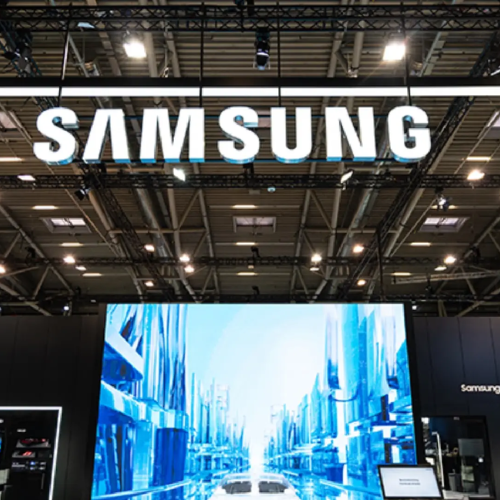On January 19, the Suwon District Prosecutors’ Office revealed a shocking case of industrial espionage involving former engineers from Samsung Electronics. These individuals are accused of stealing high-tech semiconductor technology and attempting to send it to China. The charges include violations of laws meant to protect sensitive industrial technology, specifically the Industrial Technology Protection Act and the Unfair Competition Prevention Act.
This case sheds light on a new form of technology theft, where foreign companies set up operations in South Korea to secretly steal valuable technologies. The technology involved is essential to the semiconductor industry and has taken over 30 years to develop. The stolen technology is crucial for cleaning semiconductors without damaging them, making it a key asset in global manufacturing. It was so important that the South Korean government has classified it as a “national core technology,” meaning it is vital to the country’s economy and security.
How the Theft Unfolded
According to the investigation, the theft operation began when a man from China, along with a team leader from Samsung, created a company to build semiconductor cleaning equipment. They set up operations in South Korea, where they began gathering sensitive information and technology. The Chinese representative, known as Mr. A, and the team leader, referred to as Mr. B, used their knowledge from their time at Samsung Electronics to illegally obtain highly advanced technology.
Espionage and Technology Theft: Russian Engineer Detained in the Netherlands
The group was able to develop and build prototype cleaning equipment based on stolen designs. They then tried to send the equipment to China. This was done with the support of a Chinese semiconductor equipment company, which invested directly in their operation. The theft seemed successful at first, as they were able to manufacture a prototype and prepare two mass-production units for export. However, the group’s actions were stopped when law enforcement officials raided the company’s premises and seized crucial evidence.
The prosecution was able to track the illegal activity by uncovering “digital fingerprints.” These digital clues were hidden within the company’s data, which pointed to the stolen technology. Using advanced forensic techniques, investigators were able to prove that the technology was not independently developed, as the accused had claimed, but rather was taken directly from Samsung.
Legal Action and Consequences
Following the investigation, the prosecutors filed charges against the accused individuals and their company. Three companies, including the one run by Mr. A, and nine employees involved in the operation, are now facing trial. These individuals are charged with violating South Korea’s laws designed to protect technological secrets and prevent unfair competition. The prosecution is taking this case seriously, emphasizing the threat that this kind of industrial espionage poses to the country’s economy and national security.
US Hits Back at China: Sanctions on Integrity Tech Over Cyber Threats
Despite denying the charges, the group’s actions show how the theft of advanced technology can be carried out in new ways. Rather than simply recruiting high-level engineers from foreign countries, companies now seem to be creating entire operations within South Korea to access valuable technologies. The prosecutors have made it clear that they will take strong action against anyone involved in stealing or misusing industrial technology.
This investigation highlights the importance of safeguarding sensitive technological advancements, especially in industries that are critical to national security and economic growth. As the case progresses, it will serve as a reminder of the risks involved when protecting the core technologies that drive a country’s innovation and manufacturing capabilities.



